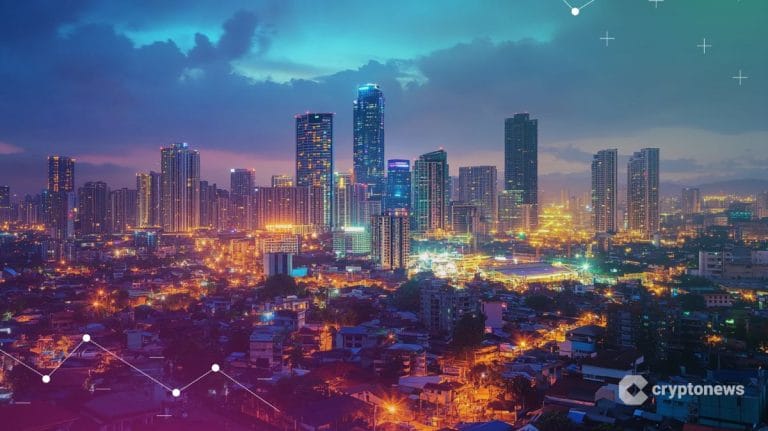Last updated:
 Why Trust Cryptonews
Why Trust Cryptonews

World Network, previously Worldcoin, has officially launched in the Philippines, marking another step in its global expansion amid growing debates over digital privacy and biometric data collection.
World ID is now accessible in select cities in Bulacan although the company plans a nationwide rollout in the coming months. The initiative aims to combat online fraud, misinformation, and deepfake-related scams by allowing users to verify their humanness through biometric scans.
According to World Network’s official announcement on February 17, the Philippines’ strong digital presence makes it an ideal location for implementing World ID.
The country ranks first globally in social media usage, with nearly all internet users engaging on Facebook and a significant portion of the population already integrating AI into their work. World ID aims to safeguard Filipinos against AI-powered misinformation and cyber fraud.
However, the expansion has not been without controversy. Worldcoin’s biometric verification process has been criticized, raising concerns about data privacy, ethical data collection, and potential regulatory violations.
Despite assurances from World Network that user data remains securely stored on personal devices through zero-knowledge proofs and other privacy-preserving technologies, skepticism remains high.
Regulatory scrutiny in multiple countries, including Kenya, France, Portugal, Spain, Hong Kong, Brazil, and South Korea, shows global concerns regarding the company’s practices.
Addressing Misinformation and Deepfake Fraud in the Philippines
Worldcoin’s launch comes as the Philippines grapples with an alarming rise in deepfake-related fraud and online misinformation.
According to Wordcoin, identity fraud cases linked to deepfakes surged by 4,500% between 2022 and 2023, which adds to the urgency in enhancing digital verification methods.
World ID, powered by biometric scans via the Orb device, is being positioned as a solution to these challenges. Users can differentiate themselves from AI-generated accounts and fraudulent activities online by verifying humanness through iris scans.
Additionally, Worldcoin has introduced Deep Face technology, utilizing Face Auth to detect and combat deepfakes.
Despite these proposed benefits, privacy advocates remain wary of the implications of biometric data collection.
While World Network insists that its verification system prioritizes anonymity and security, privacy watchdogs and legal experts have raised red flags about collecting and processing biometric information.
Critics argue that alternative verification methods, such as motion detection and voice recognition, could achieve similar results without the risks associated with iris scanning.
Privacy Concerns and Regulatory Scrutiny
According to a report by BitPinas, the Philippines’ National Privacy Commission (NPC) has issued clarifications regarding Worldcoin’s compliance with local data privacy laws.
According to NPC spokesperson Roren Marie Chin, the regulatory body does not outright approve biometric data collection. However, it issues Certificates of Registration to organizations complying with the Data Privacy Act of 2012.
Legal expert Atty. Enrique Dela Cruz has also weighed in on the debate, arguing that Worldcoin’s iris scanning process does not violate data privacy regulations. Participation is voluntary, and no personally identifiable information is stored.
He further noted that Tools for Humanity, the developer of the World App, is registered with the NPC, ensuring compliance with Philippine data protection laws.
However, concerns persist over whether consent is truly voluntary if financial incentives are involved.
Legal analyst Niwre Fortin Garcia Talastas has questioned whether users fully understand the implications of sharing their biometric data, arguing that informed consent requires a clear understanding of data collection, processing, and potential risks.
Additionally, Talastas pointed out that biometric verification may not be the only solution. Alternative verification methods exist that could mitigate fraud without extensive data collection.
















